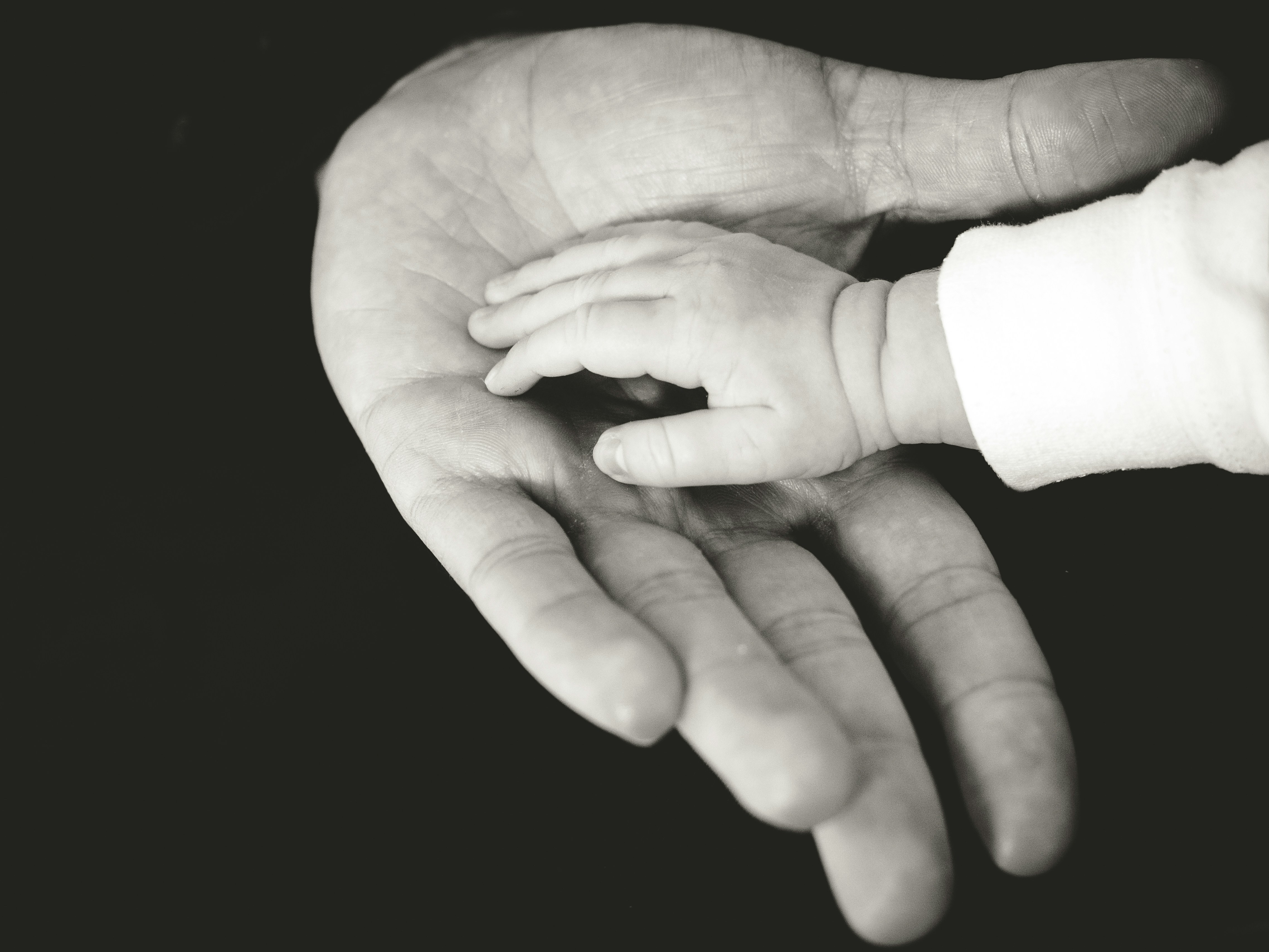There Will Always Be Something to Fear – And That’s Okay

When my wife became pregnant, I was ecstatic—but only for a moment. Then came the fear.
We had gone through multiple miscarriages before my son was born. The first time we got pregnant, we were over the moon. When we lost that baby, I was crushed. And when we lost more after that, I learned to keep my excitement in check. I didn’t allow myself to celebrate too early. I held joy and fear in the same breath, every day of that pregnancy.
As my wife’s belly grew, my fear didn’t shrink. I had grown up believing that my job was to protect my family—but how do you protect someone who’s not even born yet? All I could do was support my wife, watch over her, hover like a hawk.
I told myself it would get easier once he was out in the world, once I could see him, touch him, be near him.
I was wrong.
I knew I’d have to protect him from the obvious stuff—predators, stairs, electrical outlets, dingos (kidding, kind of). But I wasn’t prepared for the other fears—here are some of the ones I discovered that no one really warns you about.
The Car Seat
This thing nearly broke me. I obsessed over whether it was secure enough. Did I install it right? Was it at the correct angle? I quadruple-checked the latches. Every bump on the road felt like a threat. And since my wife gets motion sickness, I wasn’t even the one driving—I was the passenger, which somehow made me feel even more helpless. But life had to go on. We had doctor’s appointments, groceries to buy, errands to run. So I drove carefully when I could, and when I couldn’t, I learned to trust—and breathe.
SIDS
Somewhere in the early days, my wife told me about SIDS—Sudden Infant Death Syndrome. I hadn’t even heard of it. The idea that your baby could just… stop breathing in their sleep was horrifying. That first year, I’d sneak into the nursery and stare at his chest for minutes at a time, just to see the tiniest movement. The house would creak and groan as if in protest. My heart would race. Eventually, the fear lessened. Babies grow louder, heavier, more robust. But even now, I still peek in at bedtime and listen for his breathing.
Runners
When he learned to walk, we cheered. When he started to run, I panicked.
One day, he bolted around the car and stepped off the curb just as a car zipped by. I grabbed him just in time. It shook me to my core.
I had nightmares about it for months. After that, I tightened up. I held his hand tighter, drilled safety routines into him, and became more vigilant. But I also worked hard not to pass my fear onto him. I didn’t want him to grow up afraid—just aware.
Dogs
We had a dog when our son was born—Harley Quinn, a sweet Louisiana rescue my wife had before we met. She loved people and was great around us, but once our son started crawling and climbing on her, she became anxious. One day, Harley snapped at him. My wife moved him away just in time, but it was close. She wanted to re-home her immediately. I convinced her to give it one more try with training, boundaries, and baby gates.
We kept Harley, and she became an important part of our son's early years—but only because we worked hard to create a safe environment for both of them.
And yes, I was ready to let her go if things didn’t improve.
Sharp Edges
One of the first “you-don’t-see-it-coming” injuries came from a seam on our stove. Our son, just learning to stand, gripped the edge and slid down, cutting his tiny finger. It bled a lot. It was traumatic. A trip to the ER later, we realized something important: you can’t baby-proof the world. You try your best, you cover the outlets and pad the corners, but something will always sneak through.
Thankfully, babies heal fast.
Parents, not so much.
Grapes
Grapes.
Who knew? They’re the perfect size to block a baby’s airway. I never thought about cutting them up—until I learned the hard way how dangerous they could be.
For a while, I was mincing them like a fine chef, terrified of a choking hazard.
It became routine, another quiet layer of fear tucked into snack time.
Head Tossing
You ever see a toddler laughing wildly and then throw themselves face-first into their crib, inches away from the rail for fun? That’s a kind of terror I didn’t know existed.
My son would do this thing where he’d throw himself while laughing, just barely missing the crib slats.
It made my heart stop every time.
Somehow, he never actually hurt himself—but man, that feeling sticks.
Fear Is a Feature, Not a Flaw
Each of these fears came and went, replaced by new ones. They didn't disappear—they just evolved.
Fear will always be there. As your kid gets older, the dangers change—but the desire to protect doesn’t. You can’t bubble-wrap your kid or control every variable.
What you can do is stay present, be vigilant, and—hardest of all—let go a little at a time.
Because parenting isn’t about being fearless.
It’s about being afraid and doing it anyway.
If you found this helpful and want more practical tips for navigating the early years of fatherhood, my book She Doesn’t Hate You. You Just Don’t Matter dives deeper into these lessons—and a few you won’t find anywhere else. You can check it out here
